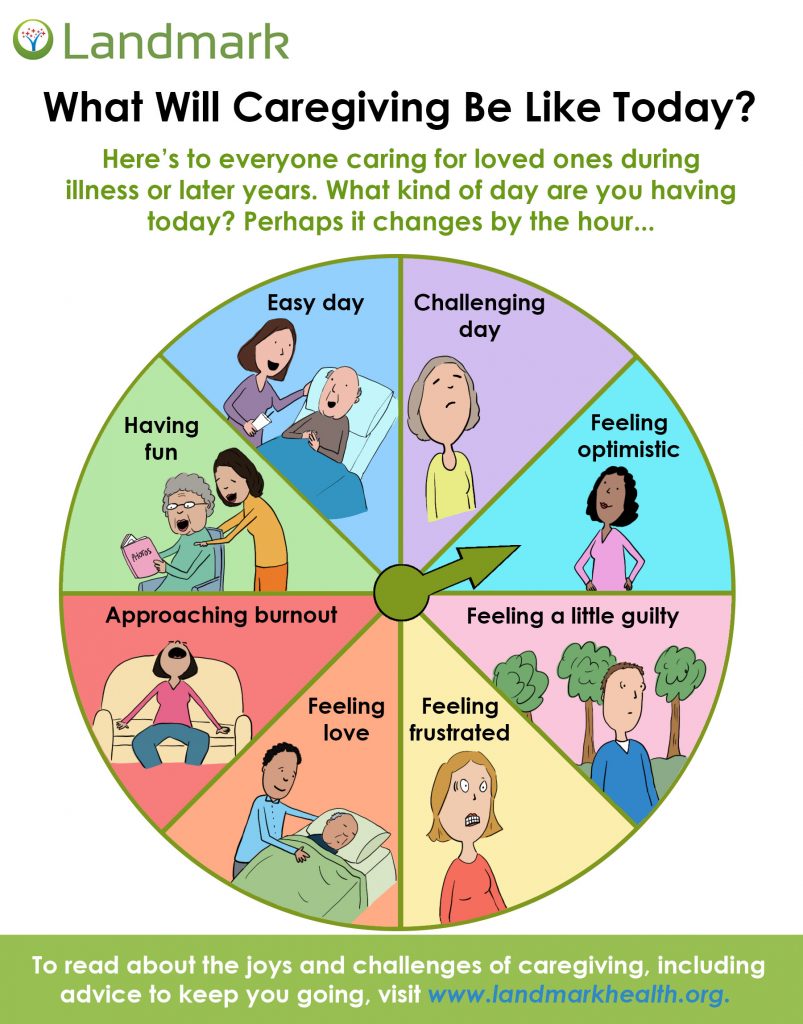
Blog post
Prioritizing Mental Health as a Universal Human Right
By: Neltada Charlemagne, DNP, APRN, PMHNP-BC, PHN, BHC
Caregiving presents both joys and challenges. Learn how to manage the challenges to prevent caregiver burnout.

Taking care of a loved one during illness or old age can be both rewarding and challenging. Caregivers play an important role in ensuring the well-being of their loved one. Caregivers help patients follow doctor’s instructions, assist with giving medicines, watch for signs of illnesses getting worse, and make sure their loved one is eating properly.
The motivation for each caregiver to provide care to their loved one is personal. Many caregivers see their role as being an advocate to their loved one, making sure that the medical care they receive lines up with their life goals and maintains their quality of life.
The joys of caregiving.
Caregiving can bring joy, new experiences, and closer relationships with those you love. There are additional advantages of being a caregiver, such as:
No matter what approach to caregiving you may take, you have likely experienced many of the joys of caregiving listed here, amongst others.
The challenges of caregiving.
If you’re a caregiver, you understand the rewards of caregiving and you probably wouldn’t want it any other way. Still, there are times when caregivers feel tired, stressed, and frustrated. There may even be periods when you feel burned out.
“Caregiver burnout” is described as a state of exhaustion, accompanied by feeling depressed or stressed. If you’re burned out, you may feel you’re at your limit mentally and physically. When a caregiver becomes burned out, his or her attitude may become more negative, and it can become harder to provide care.
To avoid caregiver burnout, it’s important to get the help you need, and that you don’t overextend yourself physically or financially.
One element of caregiver burnout can be a sense of guilt when you spend time for yourself rather than on your loved one. You may be so used to caring for others that you neglect your own health and well-being. Other common experiences include a sense of lack of control over the situation, unrealistic expectations of what you can do for your loved one, or how much you can improve their health status.
Caregivers need a regular “time out” during the day to be alone, practice mindfulness, or recharge. Some additional ways things you can do include:
Finally, don’t expect to do it alone indefinitely. Sometimes preventing caregiver burnout requires help from outside resources such as home health services, adult daycare, and assisted living facilities.

By: Neltada Charlemagne, DNP, APRN, PMHNP-BC, PHN, BHC

Older adults can safeguard themselves from the physical, mental and emotional toll of unexpected medical costs.

Optum Care Network – Monarch has teamed up with Landmark to deliver in-home medical care to members with multiple chronic conditions.